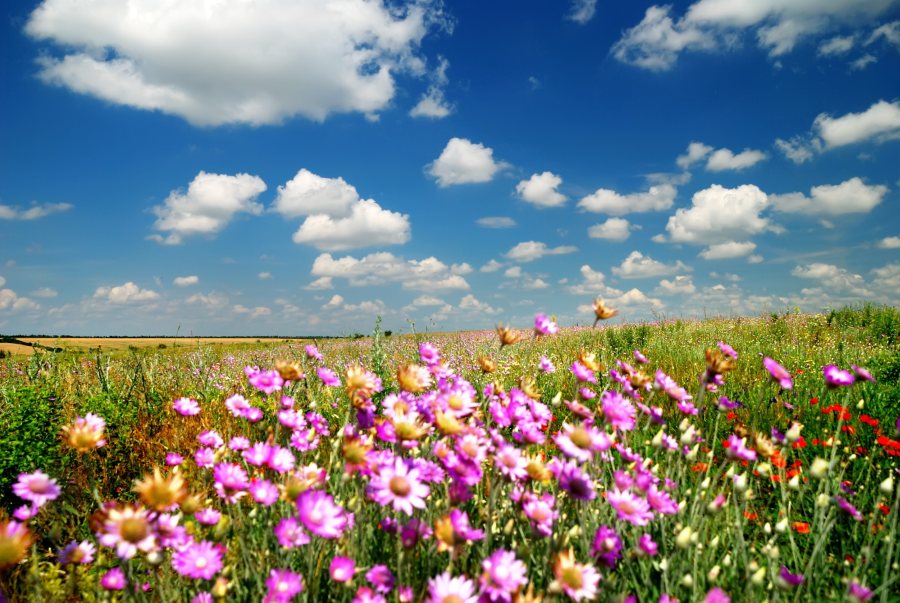
Defra has announced more detail on the future of the ELMS and brought forward a broader, more flexible offer for the Sustainable Farming Incentive (SFI).
Six new standards for the SFI have been unveiled today by Defra as part of a long-awaited announcement on the government's Environmental Land Management Schemes (ELMS) programme.
These are hedgerow management, integrated pest management, nutrient management, arable and horticultural land, improved grassland and low input grassland.
They build on the three existing standards to improve soil health and moorlands introduced in 2022 – which nearly 1,900 farmers already have in agreements.
Farmers will be able to apply online for the new SFI options in the summer, Defra explained.
It has also detailed what farmers will be paid to deliver through the Countryside Stewardship Plus, previously known as the Local Nature Recovery scheme.
This will see around 30 additional actions available by the end of 2024, building on the more than 250 actions farmers can take at present.
Countryside Stewardship Plus will reward farmers for taking coordinated action, working with neighbouring farms and landowners to support climate and nature aims.
Defra confirmed that the scheme will also be improved so farmers benefit from greater flexibility over when they can apply and how they manage their agreements.
Access will be improved for tenant farmers, the department said, as well as increased access to Higher Tier options and agreements.
Elsewhere, following high demand last year, Defra also confirmed it will open applications for the second round of the Landscape Recovery scheme in the spring.
This scheme supports ambitious large-scale nature recovery projects, focusing on net zero, protected sites and habitat creation.
Responding to today's raft of announcements, NFU vice president David Exwood said the government had provided some of the clarity the union had been asking for.
“For farmers and growers making crucial long-term decisions, it’s vital they have the full scheme details as soon as possible and know how the different schemes will work together.
"A speedy application and payment process will also be key to give farm businesses some much-needed security," he explained.
“If ELMS is to be successful, we’ve always said that it needs to be simple, provide certainty and fairly reward farmers for taking part.
"This means schemes being developed that are inclusive and available to every farm business - whether upland or lowland, tenant or owner-occupied."
The Nature Friendly Farming Network (NFFN) said the news was a positive development, but warned that further join-up between individual actions was necessary to deliver on targets.
"Individual actions on their own won’t achieve our climate and nature targets," said Martin Lines, NFFN chair, "There remains the need for join-up between actions to avoid a piecemeal approach.”
Mr Lines also called on the wider farming industry to make the scheme a success and show genuine value for public money.
“Now that the government has provided clarity on payment schemes, industry must step up and grasp the opportunity of maximising the potential that farming with nature can bring," he said.
"For many farmers, this will be the beginning of a journey to nature-friendly farming and Defra must pull out all the stops in giving farmers consistent support and a clear roadmap.”
But Mark Tufnell, president of the Country Land and Business Association (CLA), warned that there was 'little new' for those on moorlands or "the hard-pressed hill farmer struggling to earn a living".
"The stakes for farmers could not be higher, and it is incumbent on UK government to make these schemes accessible to all types of farms, thus giving the industry the confidence we need to make these schemes work.
“For our part, we encourage every farmer to look very closely at these schemes."
